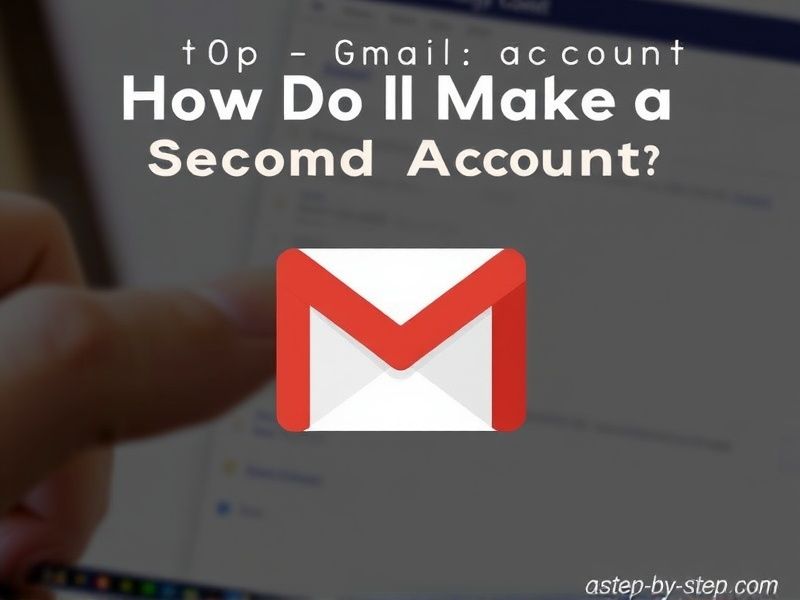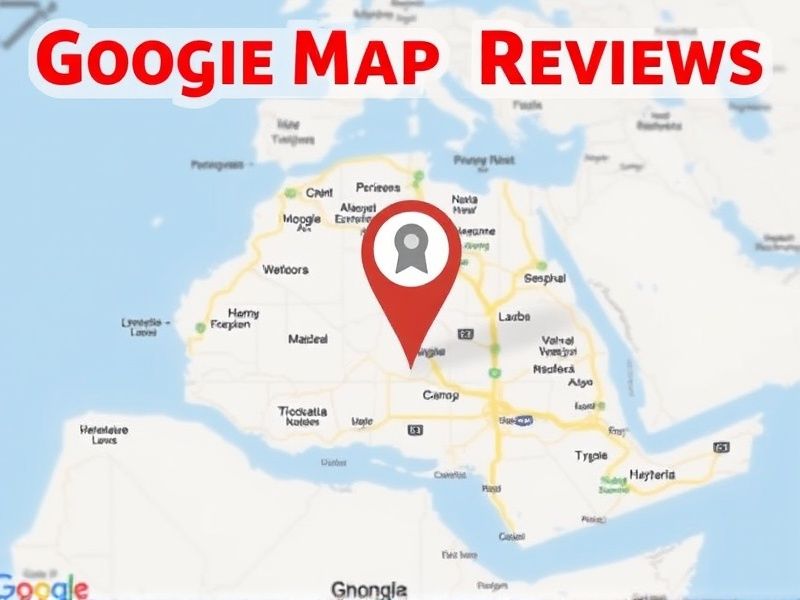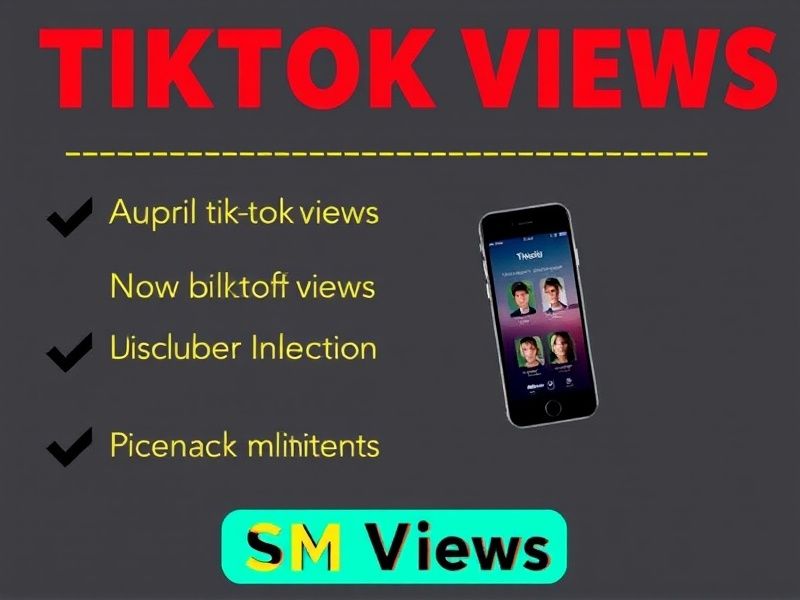How Do I Make a Second Gmail Account? Let’s Break It Down
Why Bother With an Extra Gmail?
You know that feeling when your work emails start mixing with birthday party RSVPs? Or when you need to sign up for yet another online service but don’t want your main inbox flooded? That’s where a second Gmail account comes in clutch. Nearly 3 out of 5 people I’ve chatted with admit they wish they’d created separate accounts sooner – for everything from job hunting to managing side hustles.
Method 1: The Classic Sign-Up
Let’s kick things off with the method everyone’s probably tried at least once. Head over to Gmail.com and click “Create account” – seems straightforward, right? But here’s where people trip up:
Username Hack: If “john.smith” is taken (and let’s be real, it probably is), try adding your birth year or a relevant word like “john.smith.recipes”. I recently helped a friend score “bakesmith2023” for her cupcake business this way.
Password Pro Tip: Don’t just change one character from your existing password. Google’s security systems might flag that as suspicious. Mix uppercase, symbols, and make it memorable – maybe your favorite movie quote initials plus a special date?
Method 2: Google Workspace Route
For those running small businesses or teams, this is the VIP option. Yes, it costs about the price of two fancy coffees per month, but you get custom email addresses (@yourbusiness.com) and way more storage. The setup process feels more “professional” – you’ll need to verify your domain name, which can take a few hours but pays off in credibility.
Fun story: My cousin’s startup landed their first big client specifically because their “@techsolutions” email looked more legit than a free Gmail address!
Method 3: The Alias Shortcut
Short on time? Here’s a ninja trick many miss. If your main account is “[email protected]”, you can use “[email protected]” for online purchases. It all routes to the same inbox but lets you filter messages automatically. Bonus: Retailers won’t know it’s an alias, so you can spot who sells your email address!
Account Showdown: Which Method Wins?
| Free Account | Workspace | Alias | |
|---|---|---|---|
| Cost | Free | $6/month | Free |
| Best For | Personal use | Businesses | Temporary signups |
| Setup Time | 5 minutes | 1-2 days | Instant |
Oops Moments & Quick Fixes
We’ve all been there – that “username already taken” message when you’re SURE you’re being creative. Try these save moves:
- Add . between letters (ja.ne.doe vs jane.doe)
- Use your middle initial
- Try common abbreviations like “inc” or “co”
If Google keeps rejecting your signup attempts, it might think you’re a bot. Clear your cookies or try registering from your phone instead.
Keeping Your Accounts in Sync
Here’s where most people go wrong – they either constantly log in/out or miss important emails. Set up forwarding between accounts for crucial messages. On your phone, use different email apps for each account (like Gmail for personal and Outlook for work). And please, for the love of inbox zero, set up distinct notification sounds!
Security Must-Dos
Don’t be that person using “password123” for both accounts! Enable 2-factor authentication – yes, even for that “junk” account you only use for newsletters. I recommend using a authenticator app instead of SMS codes. Oh, and check your account activity monthly. Found three logins from a country you’ve never visited? Time to change that password!
When Things Get Weird
Ran into the “unusual activity” block? Google’s just being overprotective. Verify your phone number or complete their security check. Storage full on your new account? Clean up those massive attachments or spring for extra Google Drive space. Can’t remember which account is which? Color-code them in your settings – life changer!
Final Thoughts
Whether you’re separating work from play, creating a throwaway account for sales, or building a professional presence, having multiple Gmail accounts is like having different outfits for different occasions. Start with the free method, play with aliases, and upgrade to Workspace if needed. Just remember – with great email power comes great organization responsibility!





Reviews
There are no reviews yet.